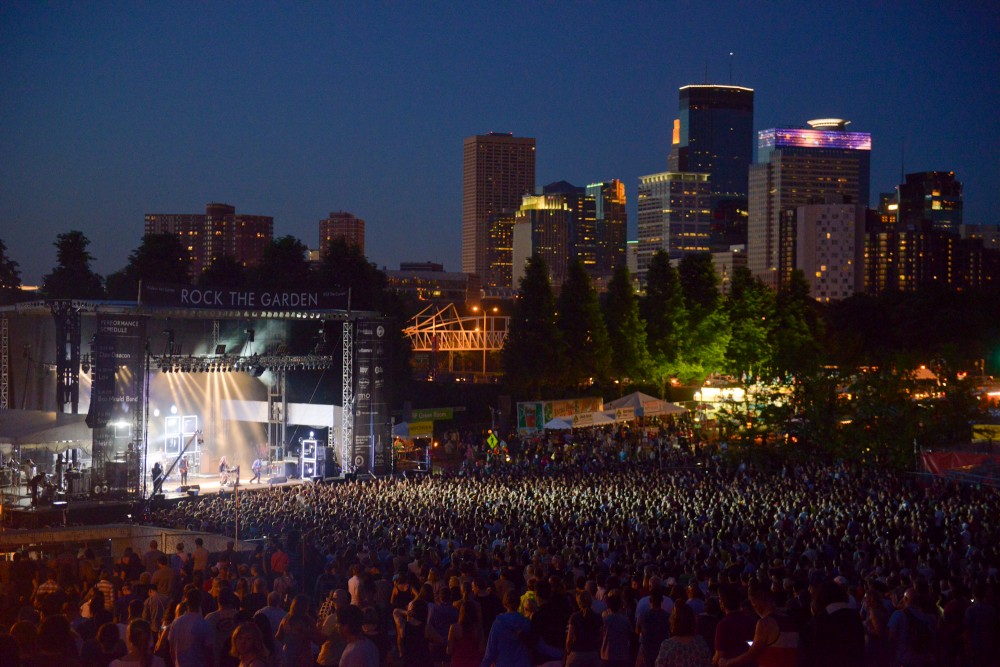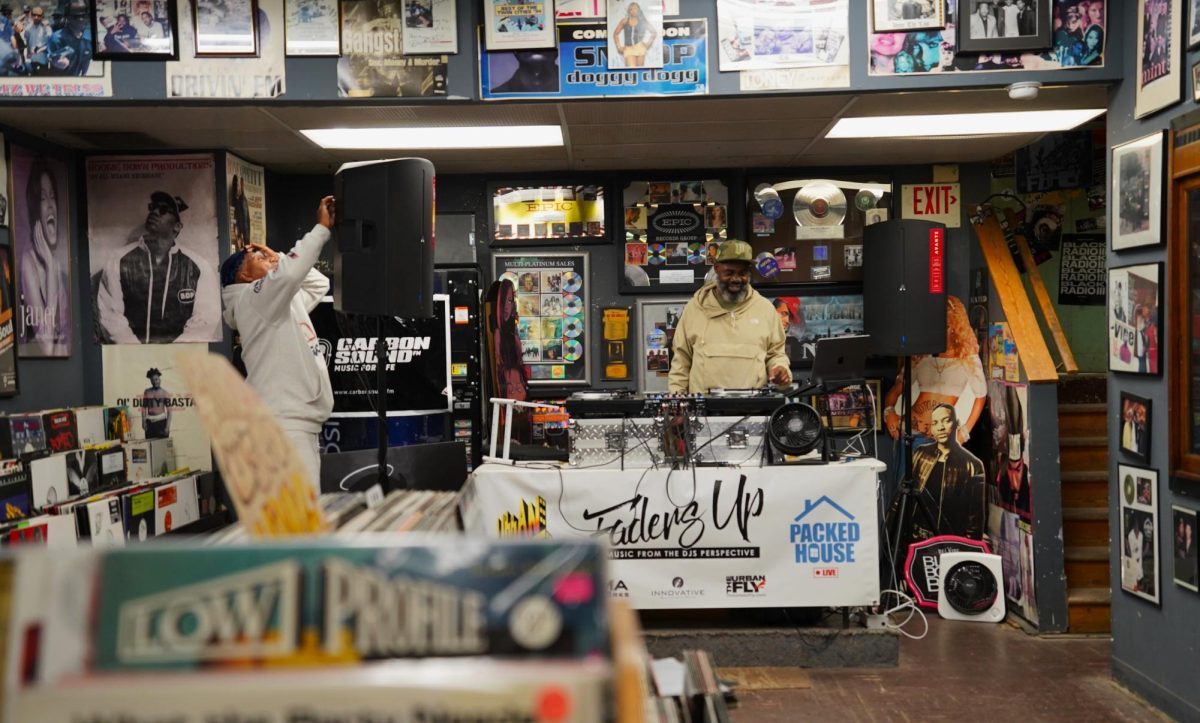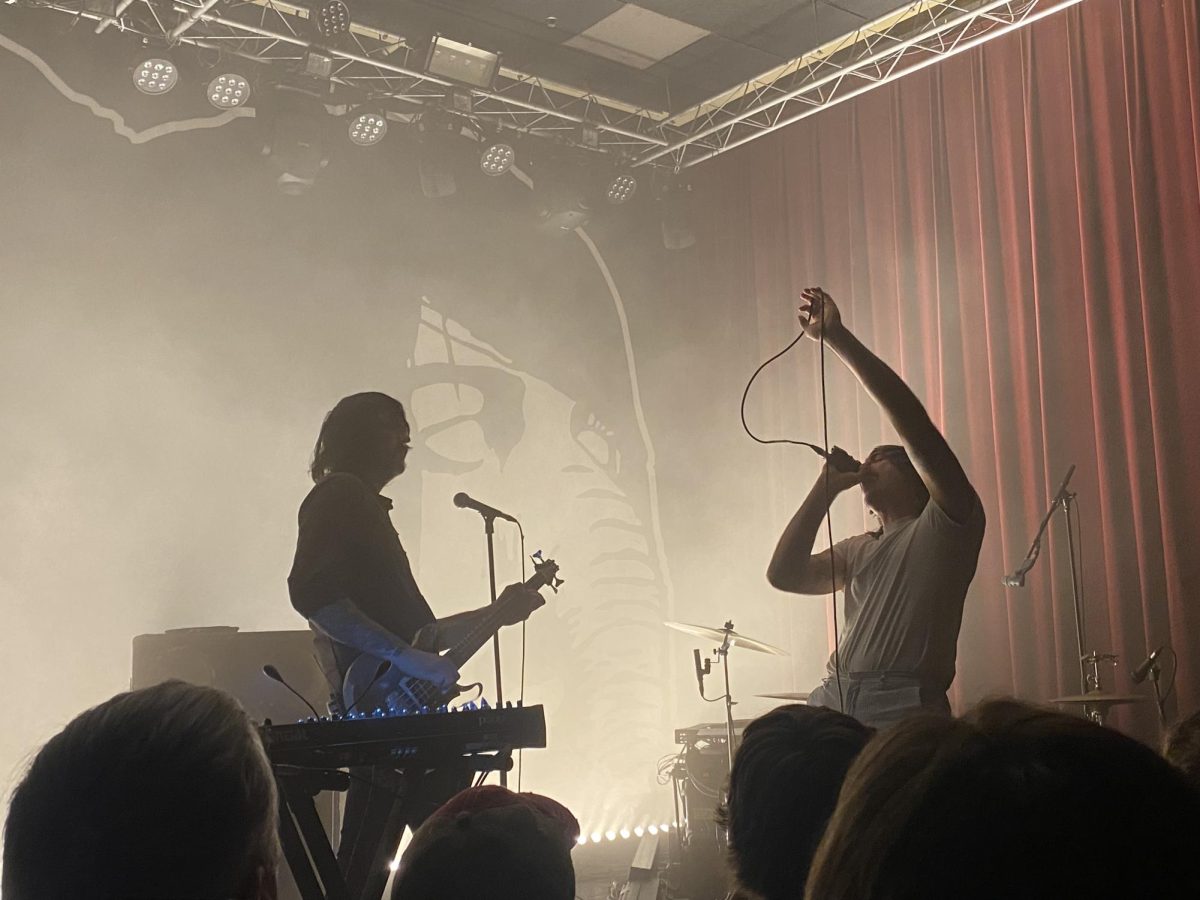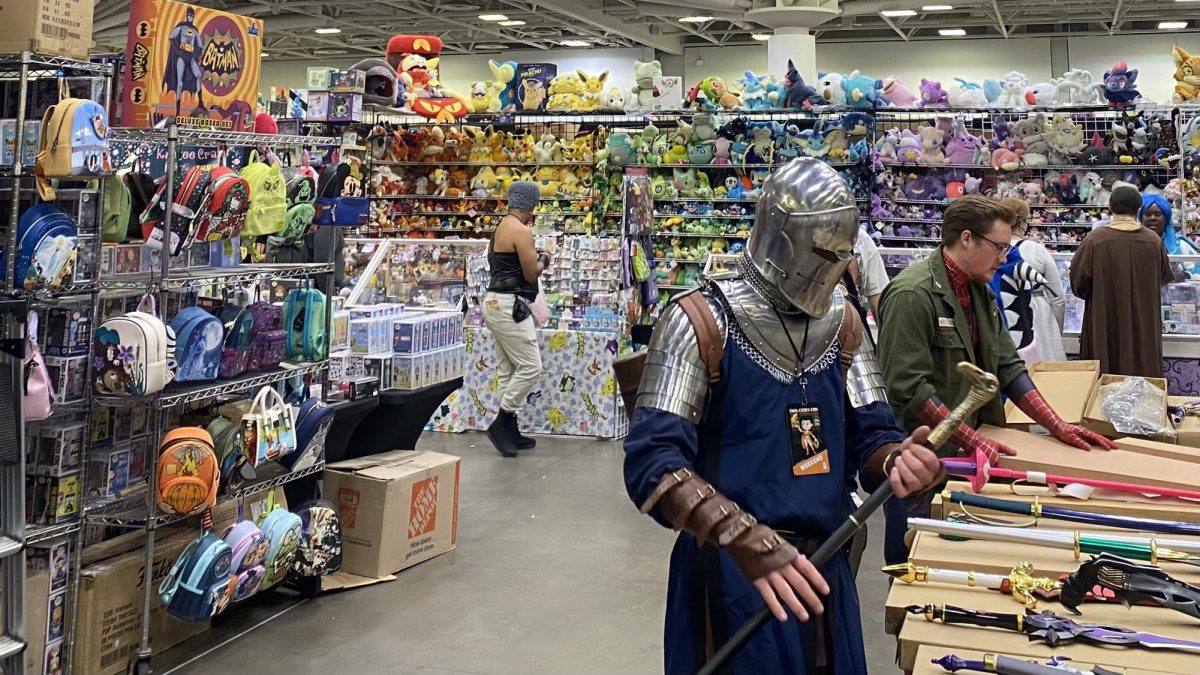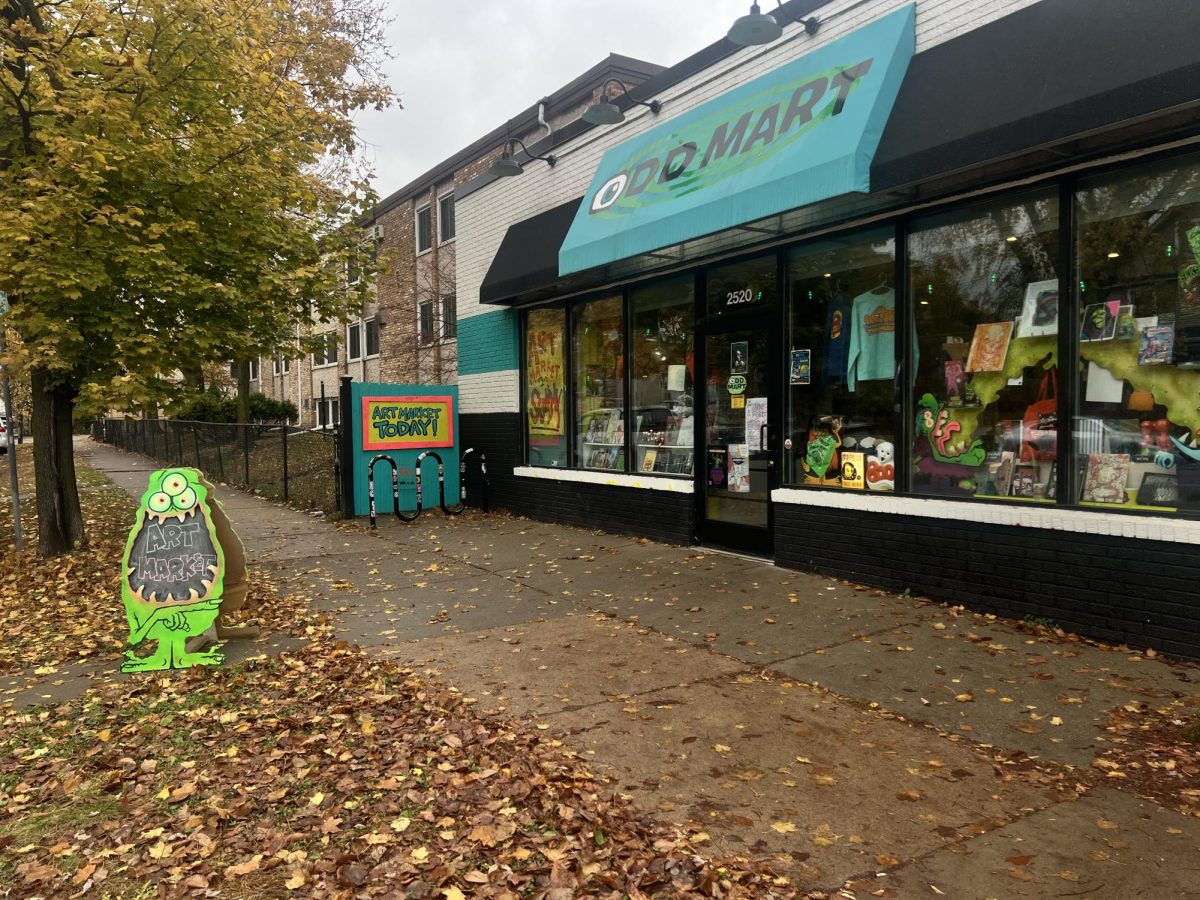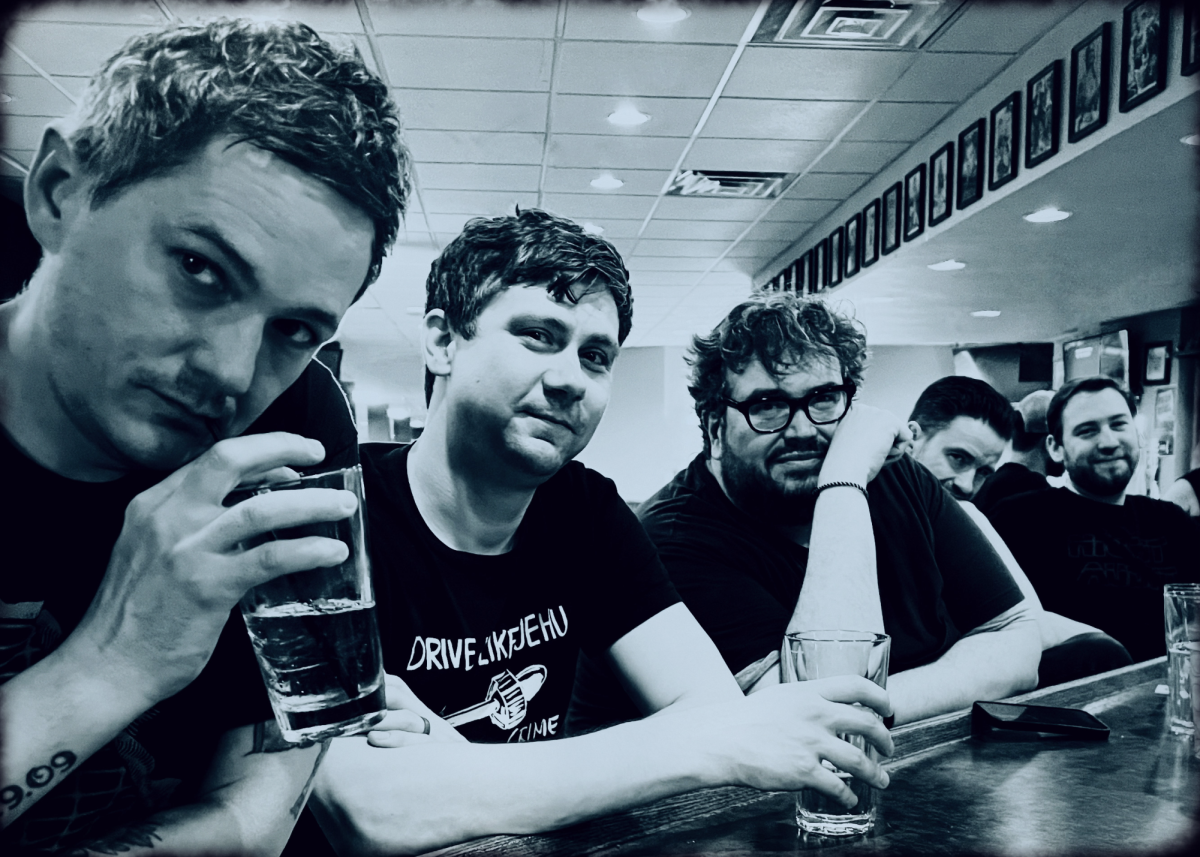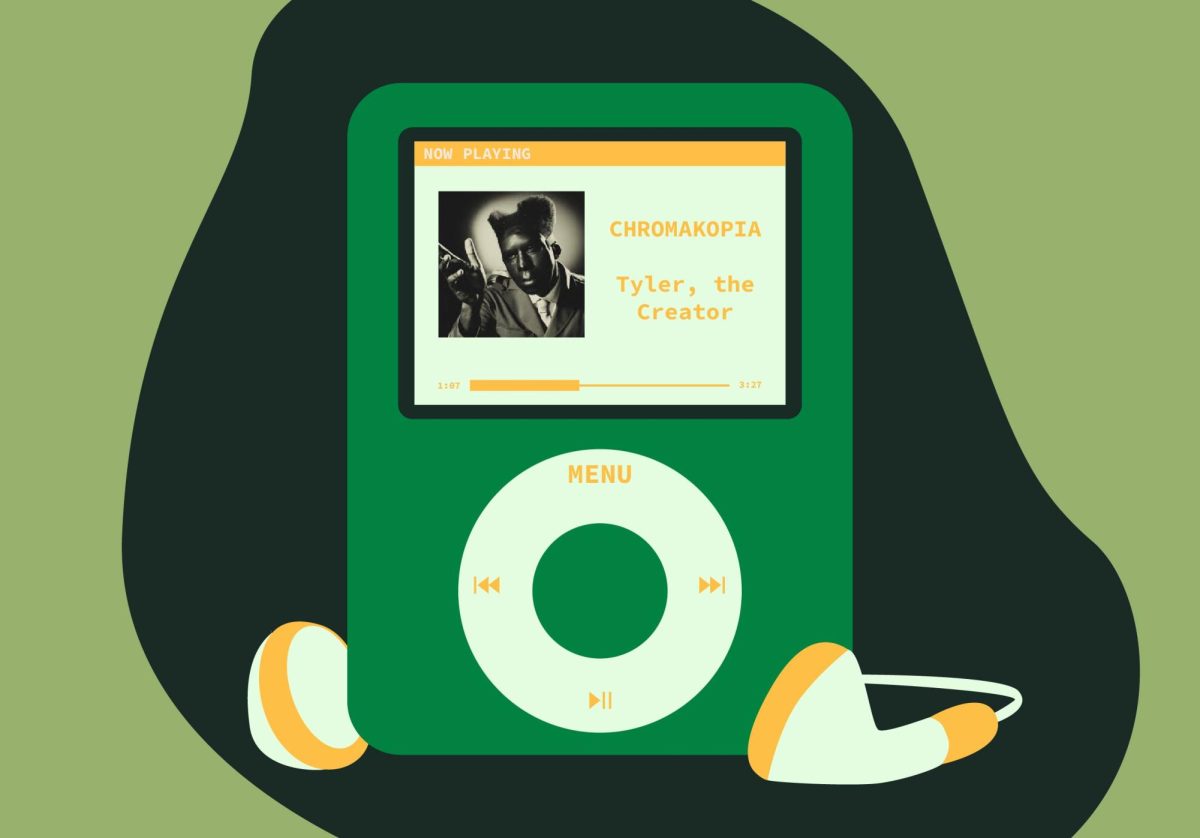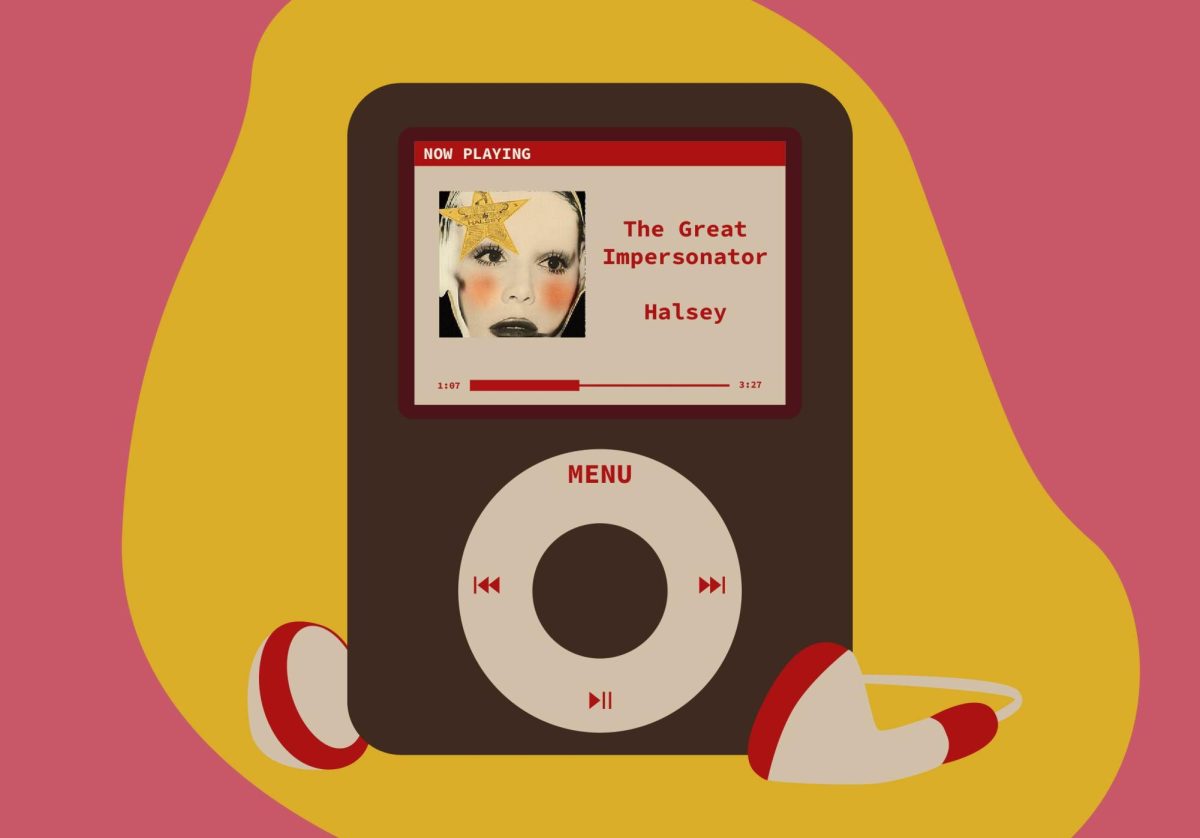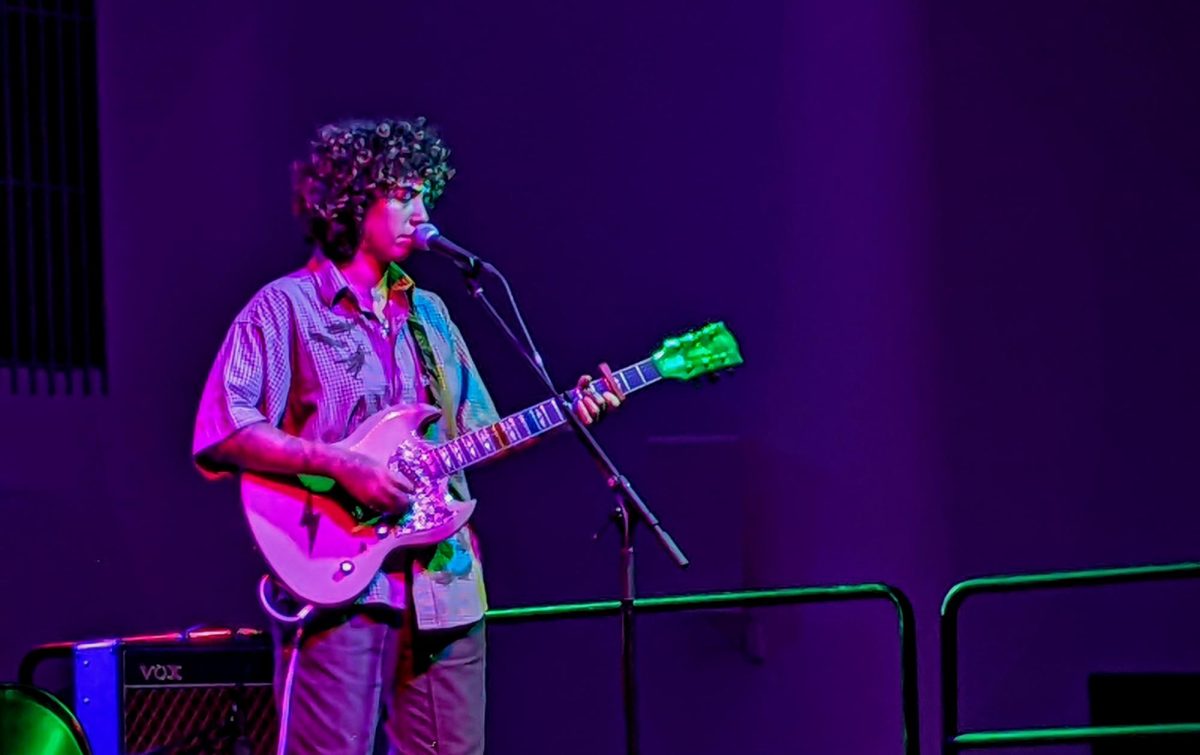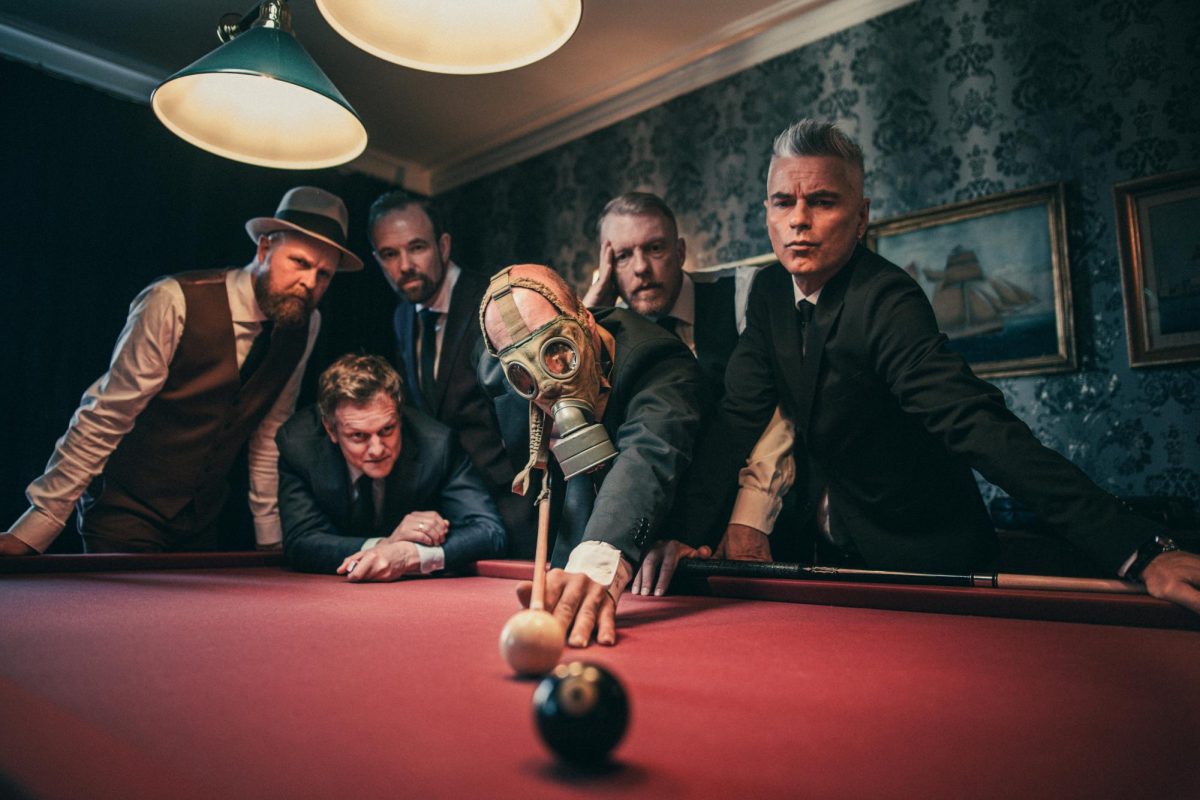Despite the mid-afternoon thunderstorm, Dan Deacon forged ahead underground on Saturday.
When rain made his performance on the Walker Art Center’s outdoor stage for Rock the Garden completely impossible, the Baltimore electronic composer headed into the parking garage.
His gutsy decision paid off—thousands of concertgoers streamed into the car-filled concrete arena for the impromptu setup. A sweaty rave broke out as the frenzied composer kept leading the crowd in synchronized movements. Deacon’s cross between a kindergarten teacher and electronic curator culminated in a human tunnel extending outside.
“Get Older” reverberated in the dimly lit, crowded space as Deacon asked his audience to revisit Zion in the post-apocalyptic world of “The Matrix.”
“Imagine that we just heard from Morpheus that Neo destroyed the Matrix,” the bearded, bespectacled leader said.
Leading the pack of poncho-clad fans back outside, Deacon’s exuberant personality clashed weirdly with Low’s alienating performance. The Duluth-based trio, celebrating two decades as a band, played a 27-minute, mostly instrumental jam.
With a one-note wall of noise, the band definitely confused most people in the crowd, who were expecting more melodies or words. As Alan Sparhawk continued to strum a simmering chord, the wall of noise intensified, and the sun finally appeared.
When the song ended, Sparhawk took to the mic and interacted with the crowd for the first and only time to say, “Drone. Not drones.”
As entertaining as the crowd’s reactions to Low’s political statement proved, 89.3 The Current’s changing roster of hosts hilariously tried to salvage a transition. One DJ awkwardly christened the abrupt closing as “art.”
If Rock the Garden ever needed an old stand-by, it was after Low’s tepid reaction from the crowd. Bob Mould followed the humming guitars with his fast-paced, all-inclusive alt-rock.
The Hüsker Dü founder tore through material spanning his highly decorated career — tracks from Sugar’s 1992 album, “Copper Blue,” even made the cut. About as predictable as the buzz after a few of the $6 Summits, Mould’s set comforted the sun-soaked mass effortlessly.
Before ending his set, Mould’s friendly banter also warmed the stage. Asking everyone whether they’ve married yet — referencing Minnesota’s recent legalization of gay marriage — the punk icon quipped, “It’s good for the economy.”
The 90s alt vibes only increased when Silversun Pickups took the stage next, launching into a grungy performance. The crowd’s angst-filled stoners perked up, and the Los Angeles-based rockers launched into a 75-minute performance that showcased frontman Brian Aubert’s seething voice. On the group’s radio hits “Panic Switch” and “Lazy Eye,” he switched from melancholy to manic with his recognizable throaty vocals.
The four-piece praised their openers and even recalled some of their first shows in Minneapolis. Apparently Aubert still remembers the foul stench emanating from the 7th St. Entry’s bathroom back in the day.
When the Walker’s garden dimmed at dusk, Metric only amplified the frenetic energy. The Canadian art-rockers transformed into stadium-sized headliners. Lead singer Emily Haines bounced around stage for highlights like “Help I’m Alive.”
“Breathing Underwater” solidified Metric’s top billing — Haines led the crowd, more than 10,000-strong, in the chorus of the single from 2012’s “Synthetica.”
Out of the garage and into the garden, the penultimate synth-heavy song from Metric, “Gold Guns Girls,” recalled the dance frenzy of Dan Deacon earlier in the day. As unpredictable as the first two sets were, the family-friendly affair let out at 10 p.m. with a prompt mass exodus from the damp grounds.
With no hip-hop this year, Rock the Garden continues to be the uptight older brother of local outdoor festivals — P.O.S performed last year as the event’s first and only rap act. The event still takes risks — ones calculated enough to avoid upsetting too many listeners. Still, the devoted fan base The Current brings out is a healthy mix of tastes, even if that means sitting through a droning guitar chord.
The festival’s success hinges on the unexpected results from taking risks, like giving young local talent a chance at the spotlight. At least Dan Deacon still found a way to cultivate some spontaneity this year, choreographing a mass dance among strangers and parked cars.


